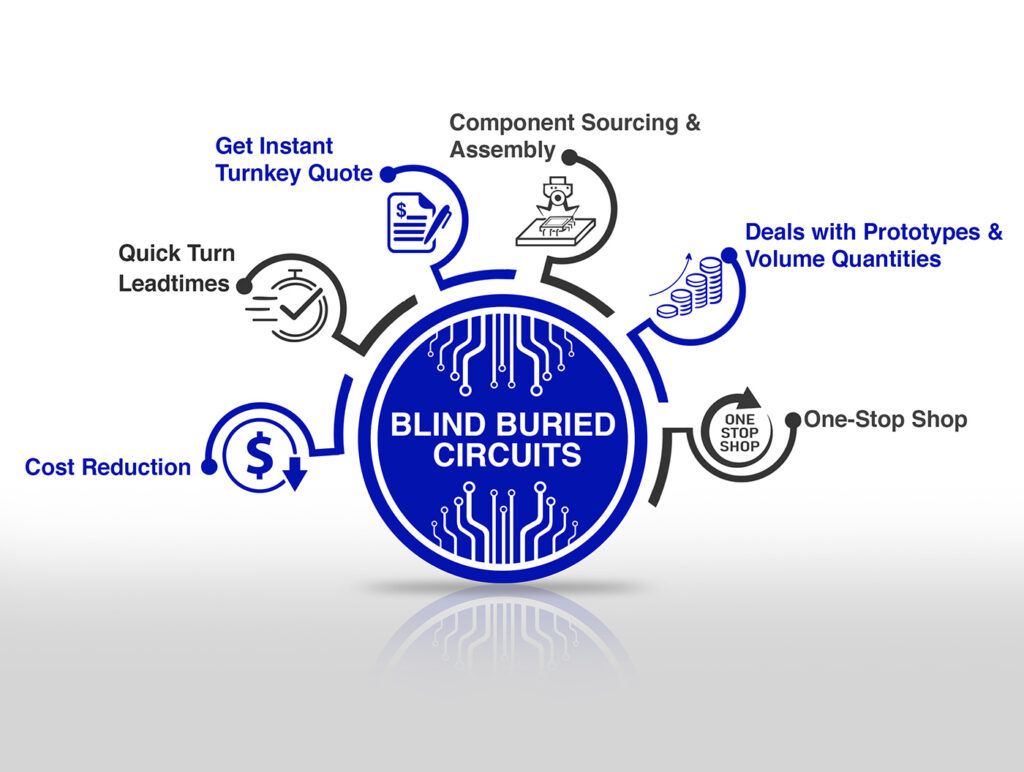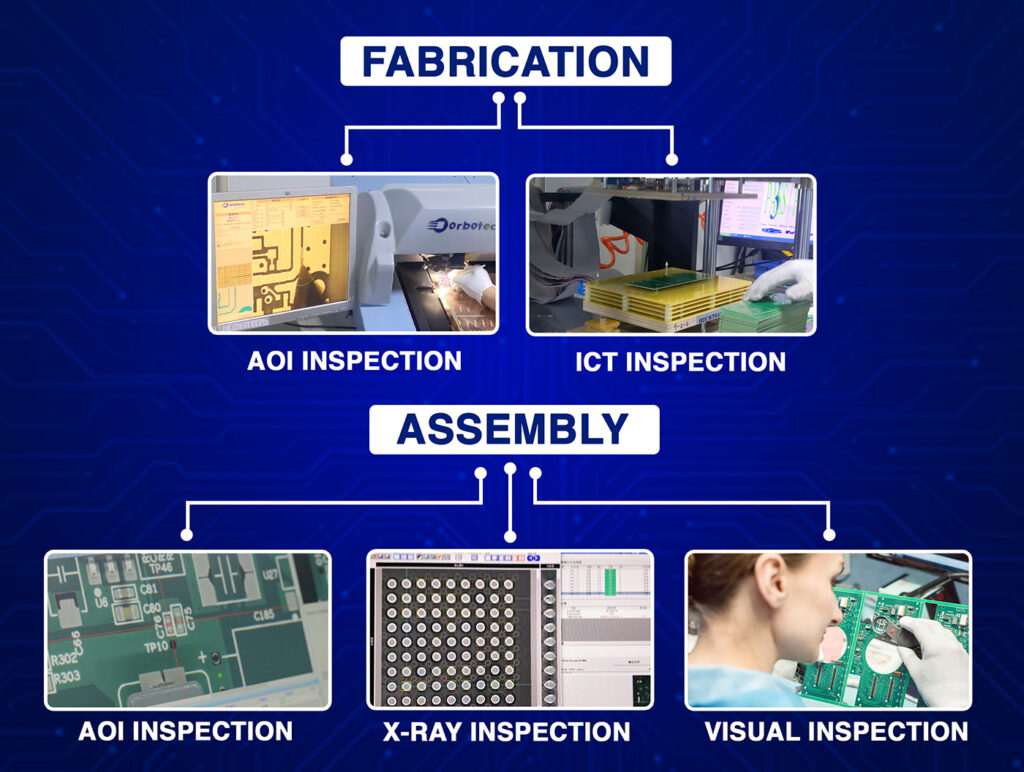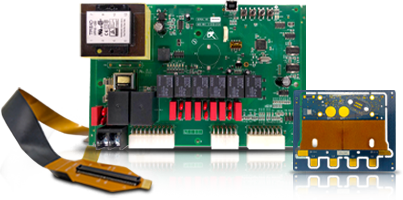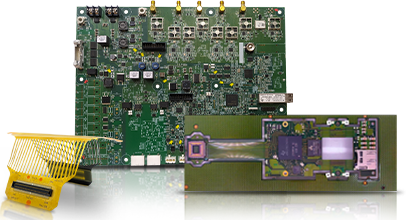High-quality printed circuit boards (PCBs) are integral in the development of MedTech products, and as we know, every industry is rapidly growing, and the medical technology industry is no exception. Also, choosing the right PCB manufacturing company depends on factor that it meets the IPC and UL standards. This would ensure maximum functionality, safety, and compliance.
These certifications are at the core of medical PCB production and are critical for the precise machinery that saves lives. Now, let’s take a look into the relationship between these standards and PCB structure for more sophisticated MedTech designs.
What Are IPC Standards and Why Are They Important?
The Institute of Printed Circuits (IPC) is a global organization responsible for developing rules for PCB design, manufacturing, and testing. Adhering to IPC standards is critical, especially in medical applications where device reliability can influence a patient’s outcome.
Key Aspects of IPC Standards for Medical PCBs
- Material Requirements: Medical PCBs require the use of high-grade dielectric materials with excellent electrical and thermal properties.
- Cleanliness Standards: The presence of contaminants in medical devices can pose numerous ailments, so washing and inspection procedures become of paramount importance.
- Performance Classes: IPC categorizes the PCBs based on their performance into different classes as detailed below:
Class 1: Basic functionality for general use.
Class 2: Reliable performance suitable for industrial applications.
Class 3: medical devices and other critical applications that require the utmost quality and reliability.
It is a general rule that life-saving devices must comply with IPC Class 3 standards. This guarantees the highest quality and reliability for medical PCBs.
Understanding UL Standards in MedTech PCB Manufacturing
UL certification specializes in the safety of various electronic parts, including PCBs. It assesses a board’s durability against different types of electrical, mechanical, and environmental forces.
Primary UL Standards for Medical PCBs
- Flammability (UL 94): This certification ensures that the PCB’s materials will not ignite when exposed to a flame, and if they do, they can self-extinguish.
- Dielectric Strength: Tests the ability of a PCB to withstand high voltage insulation breakdown.
- Thermal Stability: Guarantees reliable operation of a PCB over a wide temperature range.
- A UL certificate is often required by law for medical devices, especially those used in a clinic or hospital. Working with a PCB manufacturer that satisfies these criteria will help you get to market faster.
Best Practices for IPC and UL-Compliant Medical PCB Designs
Creating reliable MedTech solutions requires designers and manufacturers to incorporate various factors throughout the design and production stages.
- Material Selection
When compliance and functionality are the focus, one of the most crucial things is selecting suitable materials. Medical PCBs need high-strength materials like corrosion-resistant polymers and high-performance thermoplastics that provide excellent electrical insulation. Other devices, like implants or wearable gadgets, may require biocompatible materials.
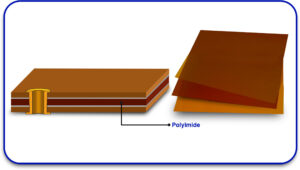
- Trace and Space Optimization
Correct trace width and spacing are the most basic requirements for ensuring signal quality and reducing the risk of short circuits. IPC standards define the parameters for high-density designs.
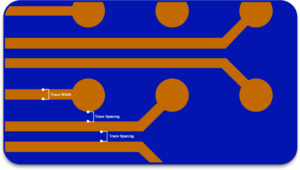
- Blind and Buried Vias for Compact Designs
Next-generation medical devices require compact, multi-layer PCBs. Blind and buried vias facilitate this by allowing layers to be connected internally without occupying surface space. These vias reduce board area and improve routing at the same time.
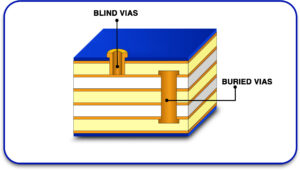
- Ensuring Proper Annular Ring Sizes
Proper annular ring size ensures reliable connections between the pad and vias. Following IPC specifications ensures that the vias maintain their shape’s integrity under mechanical or thermal loads.
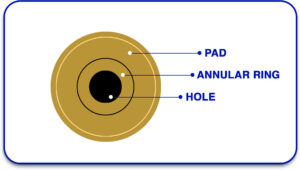
- Redundancy and Fail-Safe Mechanisms
Life-supporting machines incorporate redundant circuits during operation, improving reliability and safety. An unexpected failure of the primary device should not lead to a complete shutdown, so fail-safe mechanisms should also be built.
The Importance Of Testing Of Medical PCBs To Guarantee Compliance With Set Standards
Thorough testing is essential to ensure IPC and UL standards are correctly addressed. Some examples of these tests include:
- Functional Testing: Confirms that the PCB works correctly in real-life situations.
- Environmental Stress Testing: Evaluate how extreme conditions impact a PCB’s durability.
- Electrical Testing: Tests for short circuits, continuity failures, and termination mismatches.
Blind Bury Circuits, a reputable PCB manufacturing company, ensures that your medical PCBs have undergone all the tests necessary to meet the required standards.
Compliance With Regulations As A Change Influencer For MedTech Advancement
There is a lot of oversight in the medical devices industry to enable patient safety and protection. Among other things, which can range from a product recall to legal sanctions, failing to meet the IPC and UL standards will damage your company’s reputation. By selecting a reliable PCB manufacturing company, these risks can be reduced as they ensure that all designs surpass regulatory measures.
Besides, as MedTech devices are equipped with more functionalities such as wireless communication, data processing, and AI, accepting and creating compliant PCBs becomes more important than ever.
Learn About: IPC Class 2 vs Class 3: How Design Rules Impact PCB Quality
Emerging Directions in the Design of PCBs within Healthcare
The field of MedTech is advancing at a high velocity, with new developments influencing medical PCB design:
- Miniature and Compact Electronics: The creation of flexible and lightweight PCBs is making it possible to build wearable health informs and fitness trackers.
- Biocompatibility: Critical for medical implants that must work safely inside the human body.
- Improved Responsiveness: Improved testing methodologies have made it possible to enhance reliability and reduce time to market.
Why Consider Working With Blind Buried Circuits when it comes to Medical PCB Production?
Blind Buried Circuits appreciates the complexity of medical PCB design and manufacturing. By focusing on IPC and UL-certified board manufacturing, we make it easier for you to implement MedTech innovations.
Our Service Areas are:
- Accurate fabrication of PCBs
- Thorough testing and quality control
- Assistance with IPC and UL certification
- Quick response times while maintaining build quality
We are ready to help you succeed, be it wearable health informs, diagnostic devices, or even life-supporting systems.
Do you require assistance with your upcoming MedTech PCB project? Contact Blind Buried Circuits today so that we can prepare to help you design and manufacture compliant, medical-grade PCBs. Our experts are happy to help you with any of the steps concept development through production. Find out what we can do for you and supercharge your MedTech innovation.

